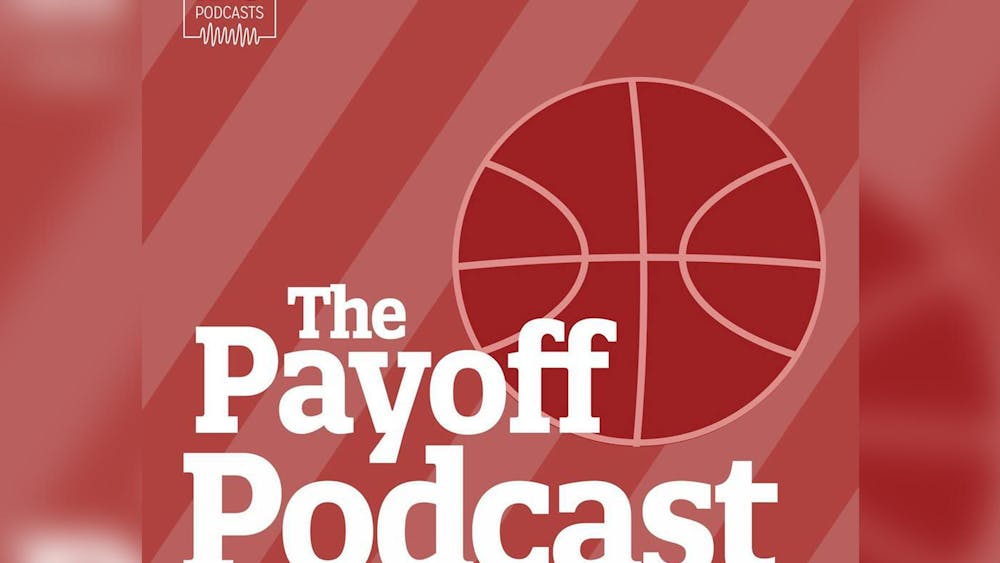MEMPHIS – Barely halfway through the Tour de France, and he’s still got it. Four years removed from his last victory, and he’s in third place. Eight seconds behind leader Rinaldo Nocentini, he still has a shot.
Lance Armstrong retired from cycling in 2005, after his seventh Tour de France win. But, as athletes are prone to do, he came back. And his results so far show that maybe Armstrong left the sport too early.
Like most athletes who return from retirement, Armstrong returned to cycling with the same goal: to win.
He recently said this year’s race will probably not be the last he enters. With a third-place showing so far, it makes sense that Armstrong feels confident enough to compete in the future.
Does anyone take retirement seriously anymore? One of the most famous retirees, Michael Jordan, left the game twice but returned the first time to capture three more championships. Last year, Brett Favre bawled as he announced he was leaving football, only to change teams and return as a New York Jet.
When Armstrong retired, did people really think he would be gone? For athletes, their work is not something they want to abandon like a nine-to-five job. Even when athletes – especially successful ones – leave, their desire stays.
The question remains, from both fans and critics: Does it count as a comeback if Armstrong doesn’t win? He has won seven Tour de France races, the most in history. But will his legacy – like that of Jordan’s or Favre’s – be tainted if he doesn’t leave Paris as the winner?
Fans admired Jordan for leaving in 1998, having just won his sixth championship with the Chicago Bulls. But many were shocked when he came back in 2001 to play for the Washington Wizards. He was 38 years old and, at the time, an executive with the Wizards.
He left two years later, having missed the playoffs both seasons.
Jordan didn’t ruin his legacy. He is still remembered as the greatest player in NBA history. But it took a few years for people to forget about his two-year experiment and focus on his two three-peats.
Even when Favre decides to retire for good, fans will eventually remember his accomplishments as a Packer.
The question that remains for Armstrong is, will the public be satisfied with a third-place finish when it is used to a first? Will they remember his feats and forget anything below their expectations? Do people lower their standards for athletes the second time around?
If anything, at least he’ll be in the company of a few other greats.
Don't call it a comeback
Get stories like this in your inbox
Subscribe





